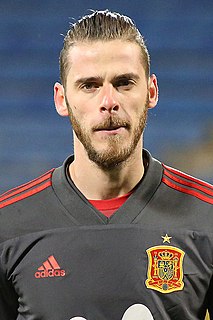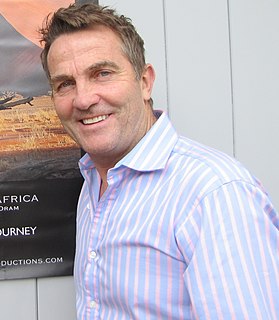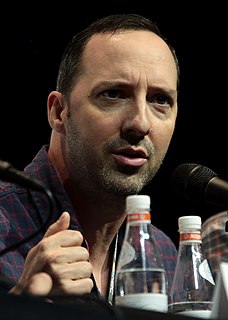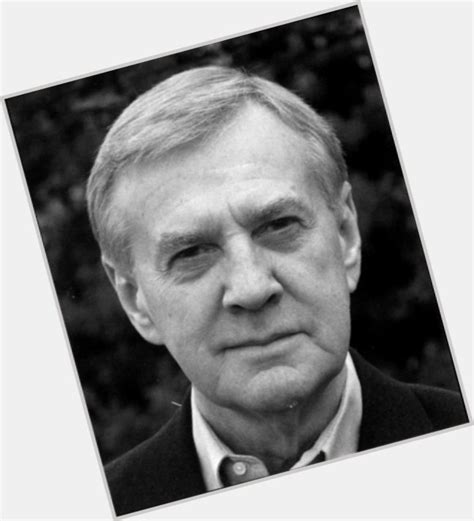A Quote by Garth Risk Hallberg
I'm trying to focus on my job as I see it, which is to write the next thing and to remain, to the degree that I ever was, a noticer.
Related Quotes
I, myself, write to change my life, to make it come out the way I want it to. But other people write for other reasons: to see more closely what it is they are thinking about, what they may be afraid of. Sometimes writers write to solve a problem, to answer their own question. All these reasons are good reasons. And that is the most important thing I'll ever tell you. Maybe it is the most important thing you'll ever hear. Ever.
I started out as a lawyer and came in laterally to Goldman Sachs. So I learned myself that life is unpredictable. That you really should, in terms of your career, try to be excellent at what you're doing. I think if you focus on your job, and you focus on being broad in the context of your job, the next jobs follow from that.
I think to the degree writers are serious, there is a greater tendency for them to write to themselves, because they're trying to compose their own thoughts. They are trying to find out what is in their minds, which is the great mystery. Finding out who you are, what is in your head, and what kind of companion you are to yourself in the course of life. I do think people have very profound lives of which they say virtually nothing.
Bacon's portraits are an interrogation on the limits of the self. Up to what degree of distortion does an individual still remain himself? To what degree of distortion does a beloved person still remain a beloved person? For how long does a cherished face growing remote through illness, through madness, through hatred, through death still remain recognizable? Where is the border beyond which a self ceases to be a self?
For many, many years, I was always whipping up things in order to keep myself busy and moving ever forward and saying, 'What's next? What's next? What's next?' I like the equanimity that comes with my age. I don't have big highs, and I don't have big lows. Even if this job goes away tomorrow, the nonstop ambition is a thing of the past for me. I've mellowed



































